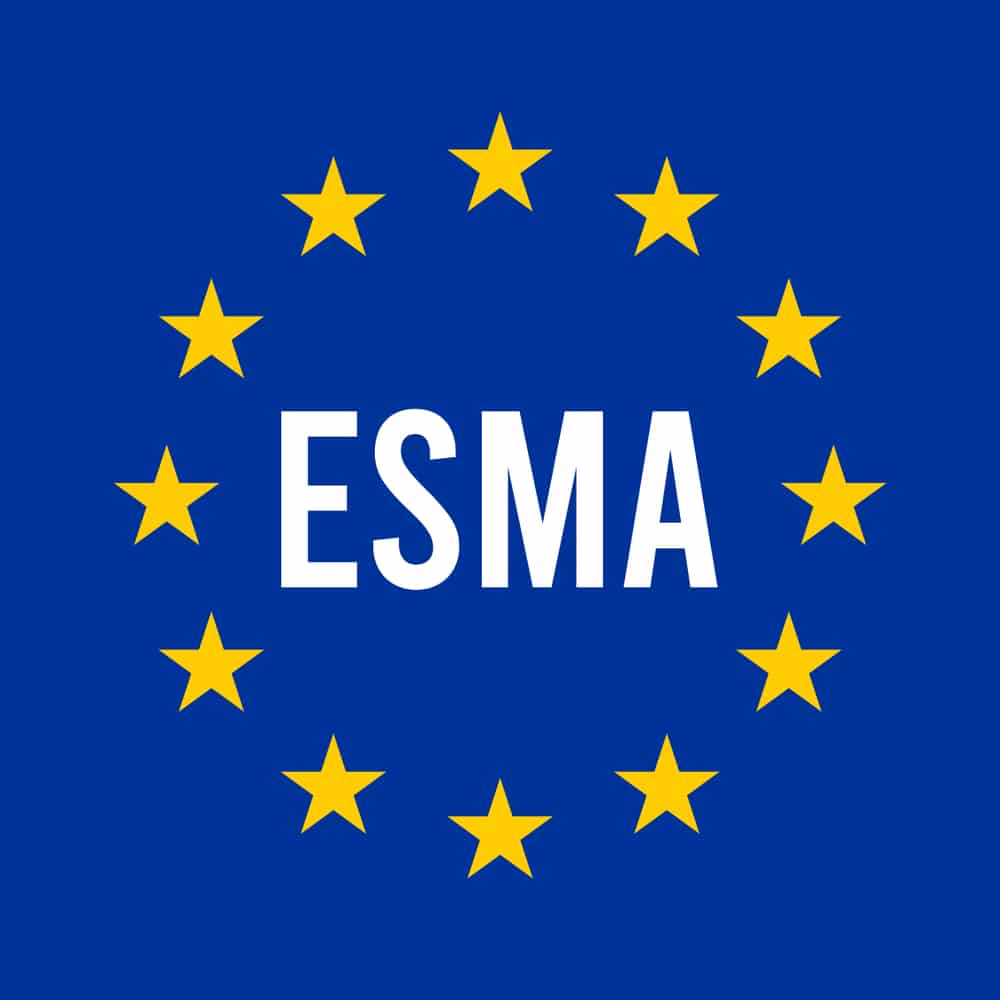Two European Union regulators have unanimously expressed concerns about the crypto offerings, with most firms failing to label the products as unregulated. Concerned by the inherent risks in cryptocurrencies, the European Securities and Markets Authority (ESMA) directed all crypto firms to label their offerings as unregulated until the Markets in Crypto Assets (MiCA) is fully implemented.
EU Watchdogs Instruct Firms to Retain Unregulated Label for Offerings
Similar concerns have attracted the attention of the National Competent Authorities (NCAs), alleging the exposure of investors and customers to the heightened risks of crypto products. The watchdogs instruct crypto firms to label the unregulated asset classes offered to investors.
Obligating the firms to embrace the universal unregulated label arises from the awareness that they market the offerings as alternatives to the regulated financial instruments outlined under the MiFID II framework.
The regulators’ reference arises from the Second Markets in Financial Instruments Direction (MiFID II). While the framework was proposed in 2014, its implementation was delayed till 2018, when it became effective in regulating the financial markets.
ESMA reiterates that the recent approval of Europe’s landmark framework MiCA introduces specific coverage for digital assets and crypto companies. Nonetheless, ESMA considers that crypto offerings should retain the unregulated label as many jurisdictions have until 2025 for MiCA to become effective.
ESMA Questions Safeguard Utilized by Crypto Firms to Overcome Inherent Risks
Meanwhile, ESMA questioned the safeguard relied upon by the crypto firms regarding investor protection and overcoming inherent risks. The EU watchdog regrets that several crypto firms are misleading investors about the protection level, product confusion and ‘misselling’ by conveying misleading information.
ESMA statement alleges that passive oversight on issuing unregulated products could aggravate the risks. Its occurrence could leave investment firms vulnerable as the majority lack matching safeguards to withstand the risks inherent in digital assets.
Adding crypto offerings to the investment firms’ portfolios can compromise even the performance and meeting obligations for the regulated business.
ESMA directs investment firms to prioritize meeting the best interests of the clients. Its accomplishment involves acting professionally and conveying unambiguous communication.
Informing Clients Necessary to Reveal Regulatory Status
Acting reasonably amidst the EU transition to MiCA implementation obligates investment firms to inform their clients regarding the product’s regulatory status. The obligation extends to inform the clients whether their service is regulated. The obligation extends to informing the clients of instances when the regulatory protections fail to apply.
ESMA statement echoes NCAs stance that firms should avoid misinforming clients on regulatory status. Firms must reveal on their websites the promotional tool and what class of their activities is regulated from the unregulated.
The approval of the MiCA framework is now becoming the benchmark for other jurisdictions considering how to regulate the digital asset industry. The legislation piece is set to seal the regulatory gaps witnessed in the region.
Its approval does not absorb crypto firms from the obligation to safeguard the investors. ESMA considers that firms must continually embrace clarity before the MiCA implementation. A typical approach would involve deploying ESMA’s communiqué.
ESRB Urges EU to Offer Policy-backed Recommendations to Avert Contagion Risk
ESMA raises concerns about contagion risks featured in a recent revelation by the European Systemic Risk Board (ESRB). The EU watchdog warned against crypto leverage, particularly when affecting traditional finance.
ESRB admitted that while contagion risk is minimal, crypto firms should devote resources to avoid its spread. Nonetheless, the watchdog petitions the EU to formulate policies permitting other EU bodies to improve the crypto sector monitoring and mitigating the risks.
Besides petitioning for policy-backed monitoring and education, ESRB seeks oversight roles on leveraged trading emerging within the crypto industry.
The ESRB position mirrors the ESMA perspective that MiCA is set to resolve the inherent risks owing to the stricter provisions regarding stablecoins. In particular, crypto businesses must embrace detailed disclosure and data security procedures and expedite anti-money laundering (AML) practices.
ESMA acknowledges that MiCA would comprehensively resolve the existing challenges. However, its results are delayed since the text is scheduled for July 2023, with its application in January 2025.
ESMA acknowledges that until then, crypto investors and firms should exercise caution in their practice.
At Tokenhell, we help over 5,000 crypto companies amplify their content reach—and you can join them! For inquiries, reach out to us at info@tokenhell.com. Please remember, cryptocurrencies are highly volatile assets. Always conduct thorough research before making any investment decisions. Some content on this website, including posts under Crypto Cable, Sponsored Articles, and Press Releases, is provided by guest contributors or paid sponsors. The views expressed in these posts do not necessarily represent the opinions of Tokenhell. We are not responsible for the accuracy, quality, or reliability of any third-party content, advertisements, products, or banners featured on this site. For more details, please review our full terms and conditions / disclaimer.



